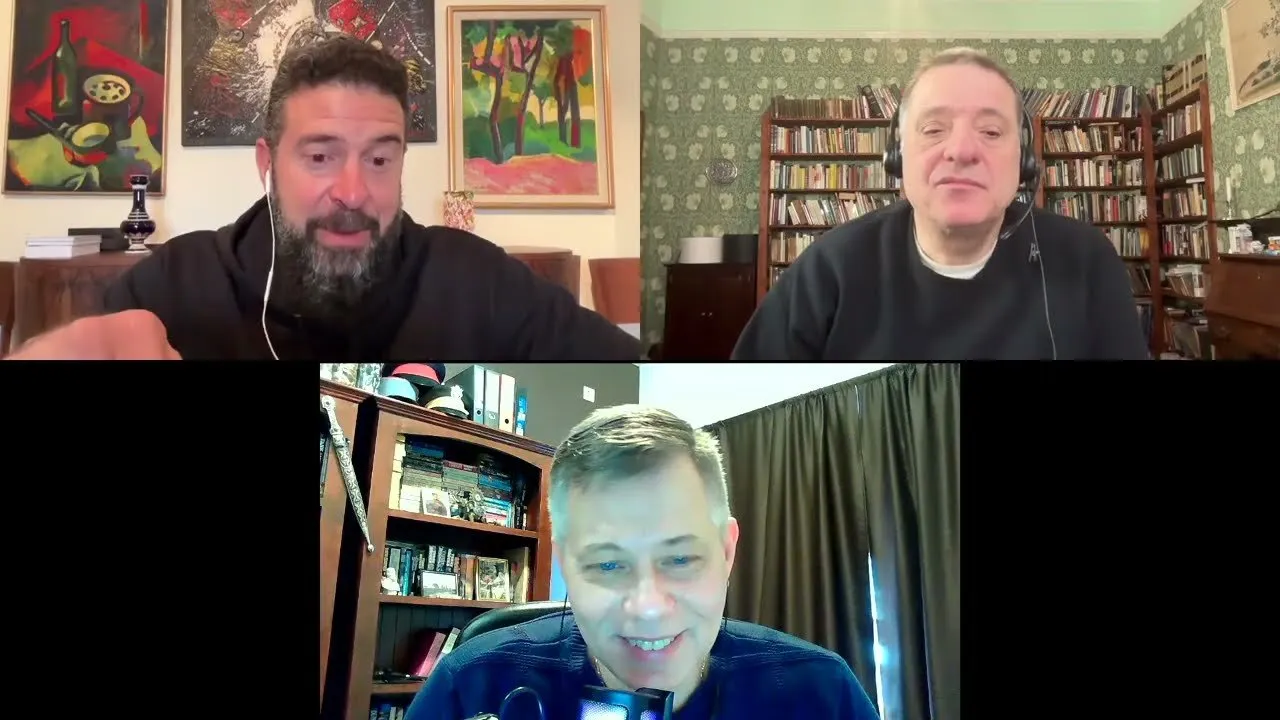Table of Contents
Key Takeaways
- Pope Francis passed away at 88 on Monday morning following recent respiratory illness and hospitalization.
- His 12-year papacy aimed to reform the Church, addressing scandals and financial issues while promoting compassion.
- He championed social justice, climate action, migrant rights, and greater inclusivity for LGBT+ Catholics.
- Francis initiated a global consultation (synod) to involve lay people and women more in Church life and decisions.
- His modernizing efforts drew significant criticism from conservatives who felt traditional teachings were being undermined.
- A papal conclave will convene within three weeks to elect his successor, likely reflecting these ideological divides.
- His death occurs during the Church's Jubilee year, potentially impacting pilgrimages and Vatican finances.
- He was the first Jesuit and first non-European pope in centuries, succeeding Pope Benedict XVI in 2013.
Passing of a Pontiff: Final Weeks and Announcement
- The Vatican announced that Pope Francis died at 7:35 am on Monday at the age of 88, with Cardinal Kevin Farrell stating, "Francis has returned to the house of the Father." This followed a period of significant health challenges for the pontiff.
- The Argentine leader had been hospitalised in February with double pneumonia and spent weeks undergoing treatment for recurring respiratory problems, marking the latest in a series of health issues he faced.
- Although he returned to the Vatican in late March and made several brief public appearances, including Easter greetings on Sunday and a prison visit on Thursday, observers noted he appeared weak, frail, and struggled to speak.
- His final public duties included greeting the faithful for Easter and holding a brief audience with US Vice-President JD Vance on Sunday, just before his passing the following morning.
A Papacy Focused on Reform, Compassion, and Modern Issues
- Throughout his 12 years leading the Catholic Church, Pope Francis actively sought to reform and revitalize the ancient institution, confronting issues like sex abuse scandals and financial mismanagement that had shaken its foundations.
- Cardinal Farrell highlighted the Pope's dedication to living Gospel values with "fidelity, courage and universal love," placing particular emphasis on advocating for the poorest and most marginalized members of society.
- Francis, who studied chemistry before entering the priesthood, aimed to make the Church more compassionate and directly engaged with pressing contemporary challenges, demonstrating a commitment to applying faith to real-world problems.
- He dedicated a major 2015 encyclical to the urgent need to combat climate change.
- He actively embraced and met with LGBT+ Catholics, signalling a more inclusive stance.
- He addressed social justice issues broadly throughout his papacy.
- His papacy marked a significant shift from his predecessor, Pope Benedict XVI, whose unexpected resignation in 2013 led to Francis's election as the first non-European pope since the eighth century.
Global Vision: Inclusivity, Consultation, and Advocacy
- As the first Jesuit pope and the first from the Americas, Francis brought a unique global perspective, shaped by his experiences as a priest, archbishop, and cardinal in Argentina during periods of political and economic turmoil.
- He launched an extensive global consultation (synod) involving Catholics worldwide to discuss the future direction of the Church, an exercise aimed at increasing participation despite provoking backlash from traditionalists concerned about clerical authority.
- The final document recommended greater involvement for women and lay people in Church life and decision-making processes.
- Francis was a consistent and passionate advocate for migrants and refugees, particularly as anti-immigration sentiment hardened in the US and Europe. He wrote to US bishops in February expressing dismay over potential mass deportations under the Trump administration, stressing the moral imperative to oppose measures criminalizing migrants based on status.
- An ardent proponent of peace, he frequently expressed anguish over global conflicts, notably in Ukraine and the Middle East. During the conflict in Gaza following the October 7, 2023 attacks, he maintained nightly contact with Palestinian Christians sheltering in a local Catholic church.
Internal Divisions, Succession, and Future Challenges
- Pope Francis's attempts to foster inclusivity, address modern issues, and amplify the voices of ordinary Catholics generated significant friction within the Church, particularly from conservative factions who accused him of undermining traditional moral teachings.
- These doctrinal disagreements became increasingly public, exemplified by a 2023 anonymous letter (later attributed to the late Cardinal George Pell) circulated in the Vatican calling Francis's papacy "a disaster" and Pell's posthumously published article deeming the global synod a "toxic nightmare."
- The Pope's death now sets the stage for a papal conclave, which must occur within two to three weeks. The 136 cardinals under 80 eligible to vote, a majority appointed by Francis himself, will likely face a choice reflecting the deep divisions between conservative and reformist wings of the Church.
- Beyond doctrinal disputes, Francis's successor will inherit the significant challenge of the Vatican's severely strained finances, impacted by declining donations and persistent issues of mismanagement, a situation potentially exacerbated by the Pope's passing during the crucial Jubilee year.
Bottom Line
Pope Francis leaves behind a complex legacy of attempting to modernize the Catholic Church while navigating deep internal divisions. The upcoming conclave will be pivotal in determining whether his path of reform and inclusivity continues under new leadership.








